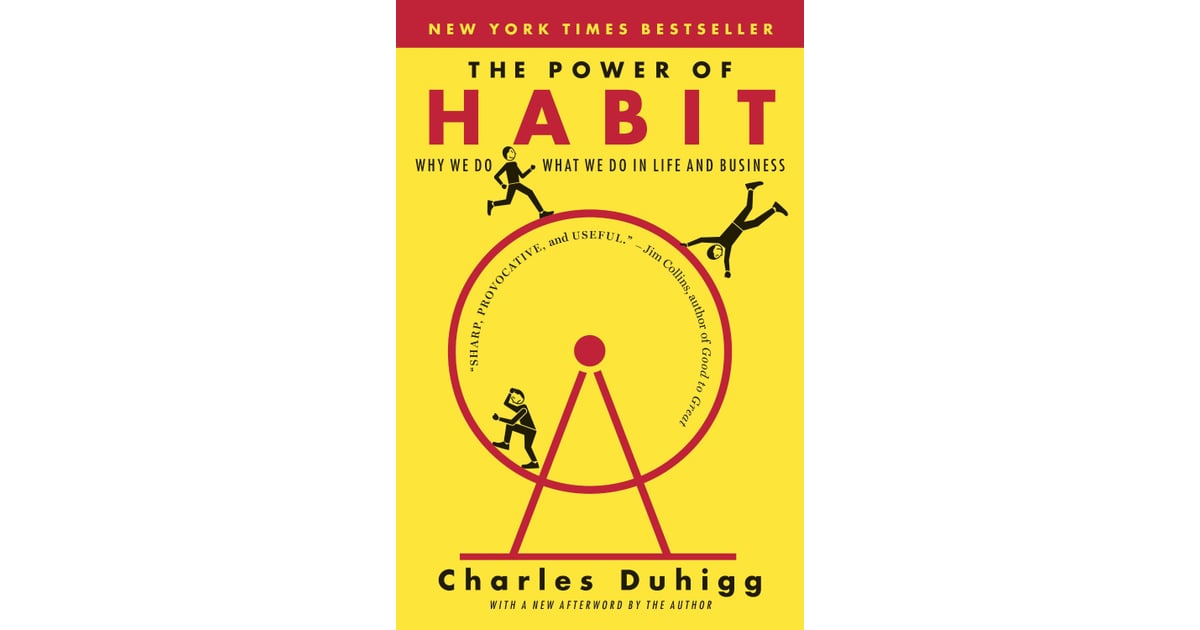


And I met a major who had been given this assignment, to stop riots from happening in a town named Kufa. But when did you first discover this principle?ĭUHIGG: Well, I became really interested in this about a decade ago when I was a reporter in Iraq.

Thanks, Charles, for being on the program.ĬHARLES DUHIGG: Thank you so much for having me.ĭONVAN: So the book has a powerful premise, that we can figure out our habits and by doing so change them. But first Charles Duhigg is an investigative reporter for the New York Times and author of the book "The Power Of Habit," one of the books that we missed. Later on in the program, the weird ways we behave in elevators. Go to npr.org, and click on TALK OF THE NATION. Our email address is And you can also join the conversation at our website. If you have changed a bad habit or formed a good one on purpose, how did you do it? Our number is 80. And we want to hear from you in our audience who have personal experience. It's one of the books we missed talking about earlier this year, so we are glad that he's able to join us today.

In his book "The Power Of Habit," Charles Duhigg argues that in almost any scenario in life, habits can be changed, provided we know how they work. How is it that some people are able to change their bad habits and reinvent themselves, but others try for so long and fall so short? How is it that some companies and societies can turn around their most ingrained practices after doing things the same way for years, decades? How many times have you said to yourself this is the year I will quit smoking, or this time I'm going to keep the weight off? Habits are things that we know that we have, but for some reason we can't always control what they're doing. I'm John Donvan in Washington Neal Conan is away.


 0 kommentar(er)
0 kommentar(er)
